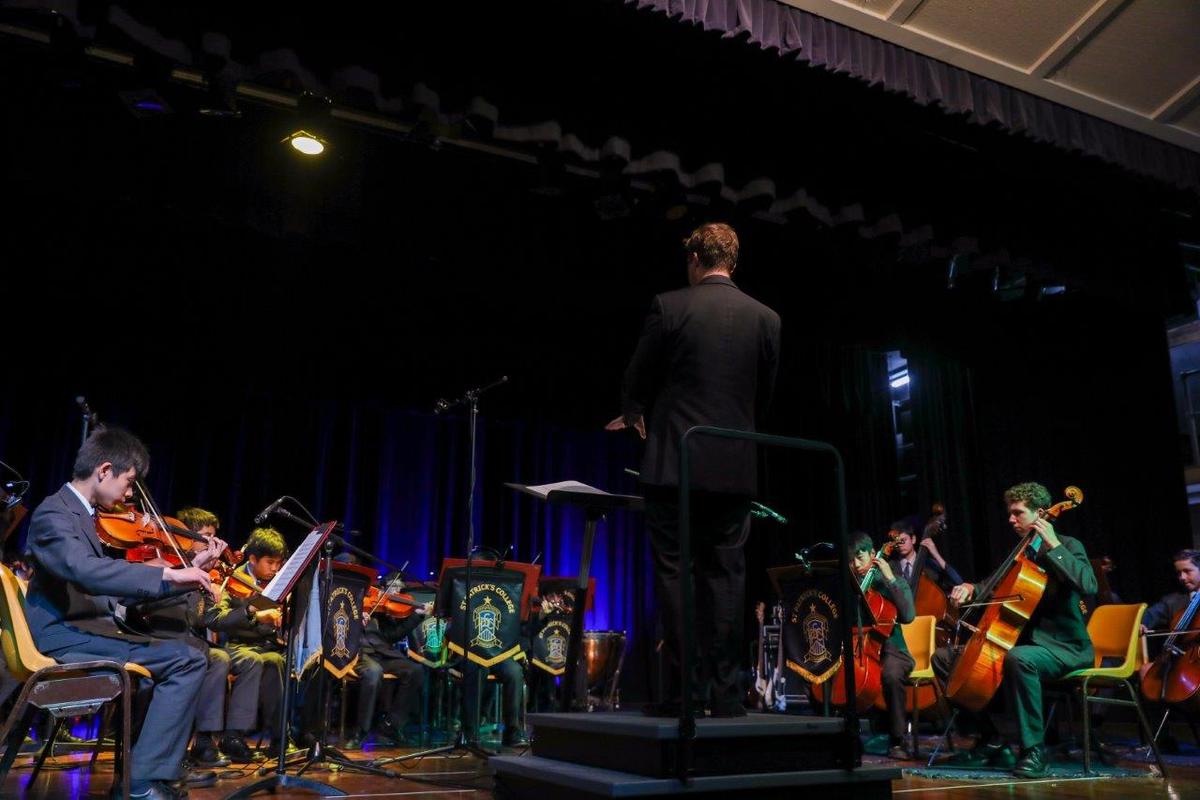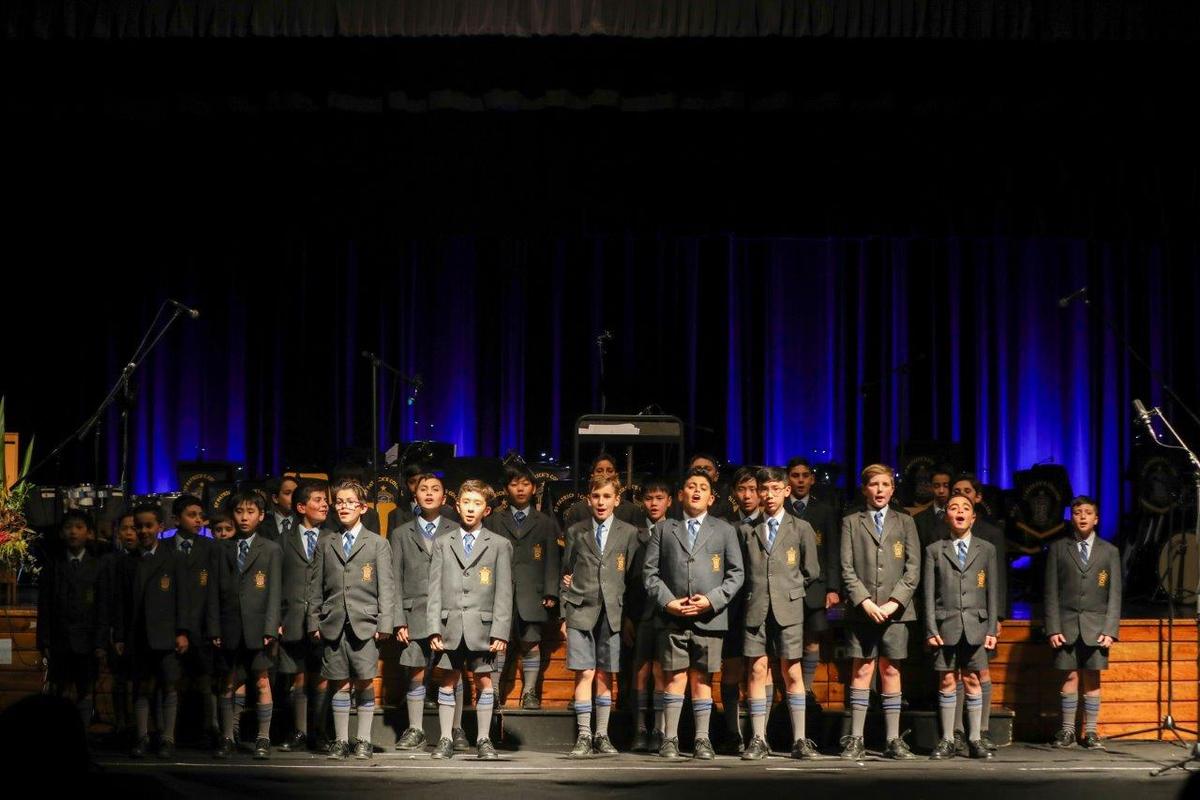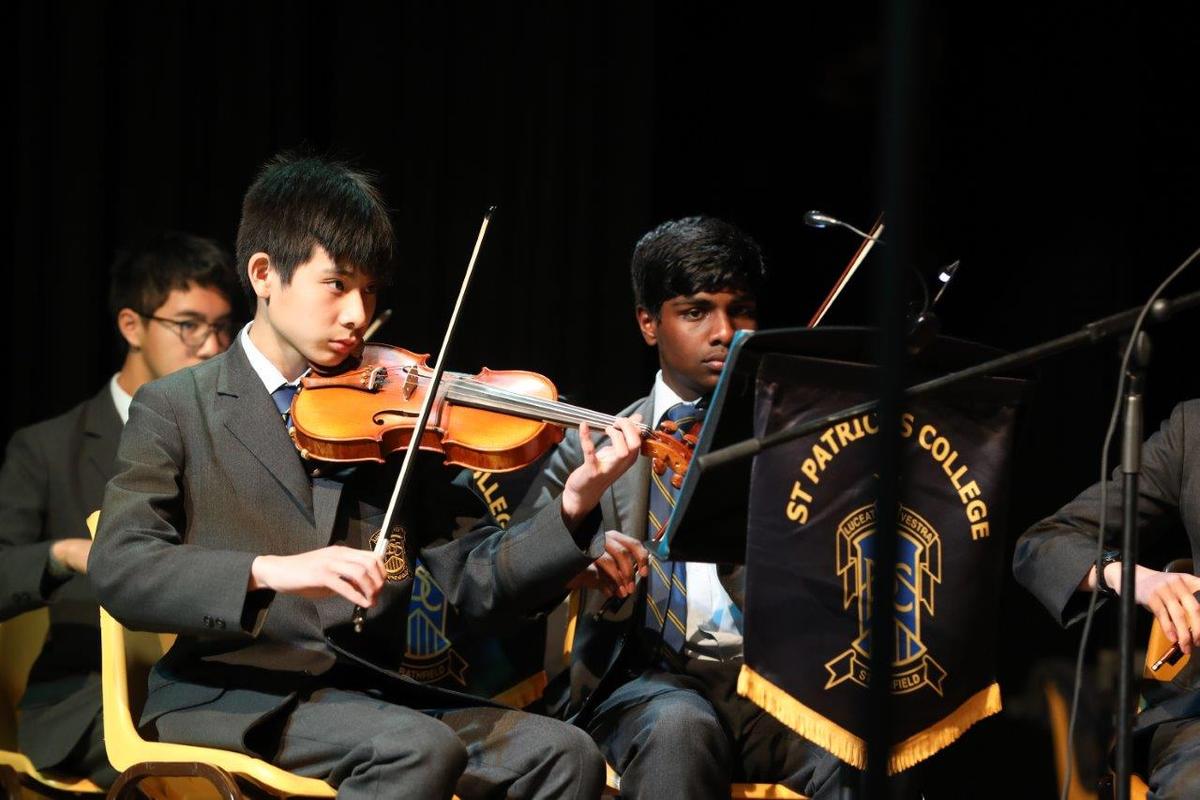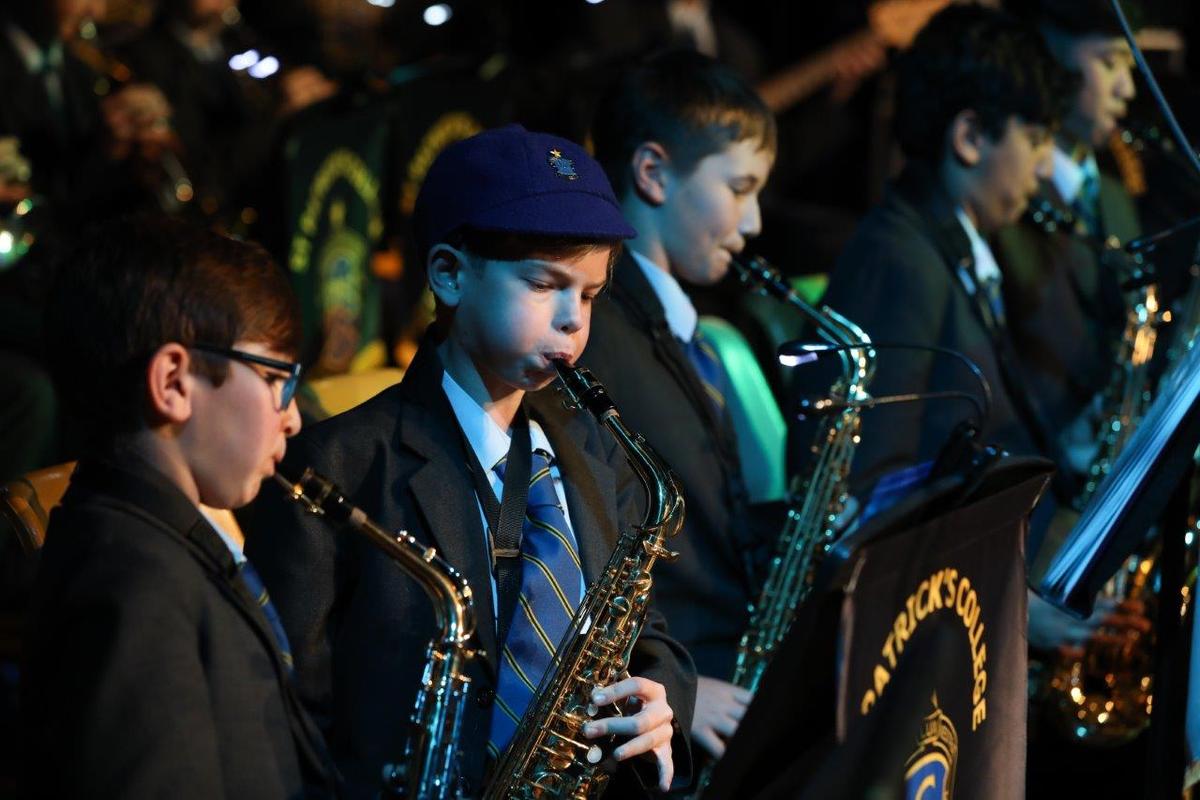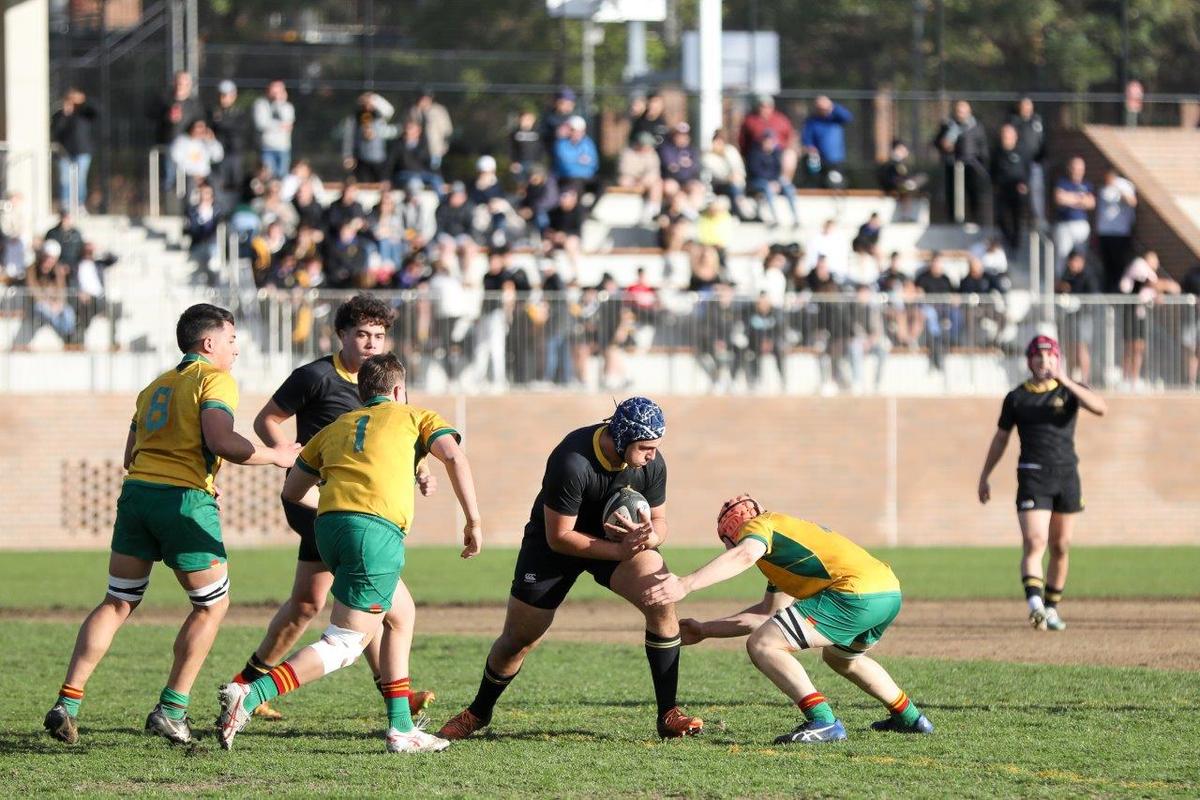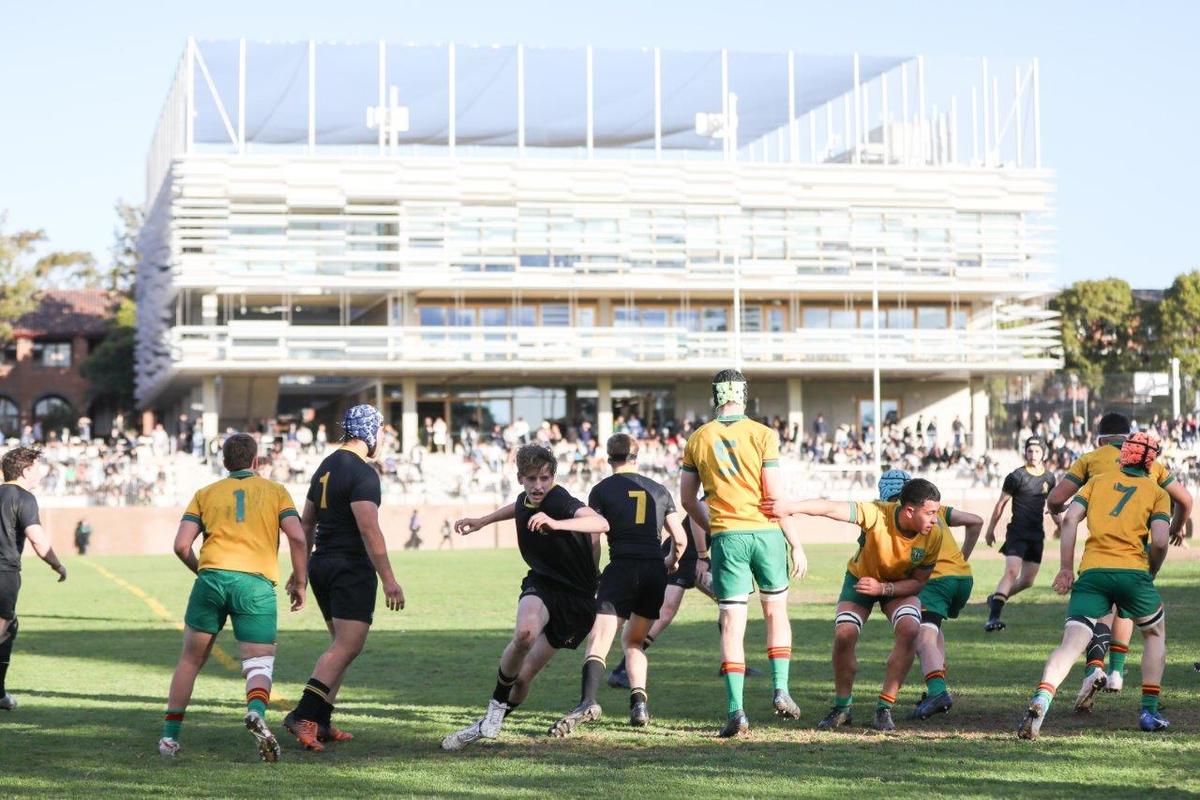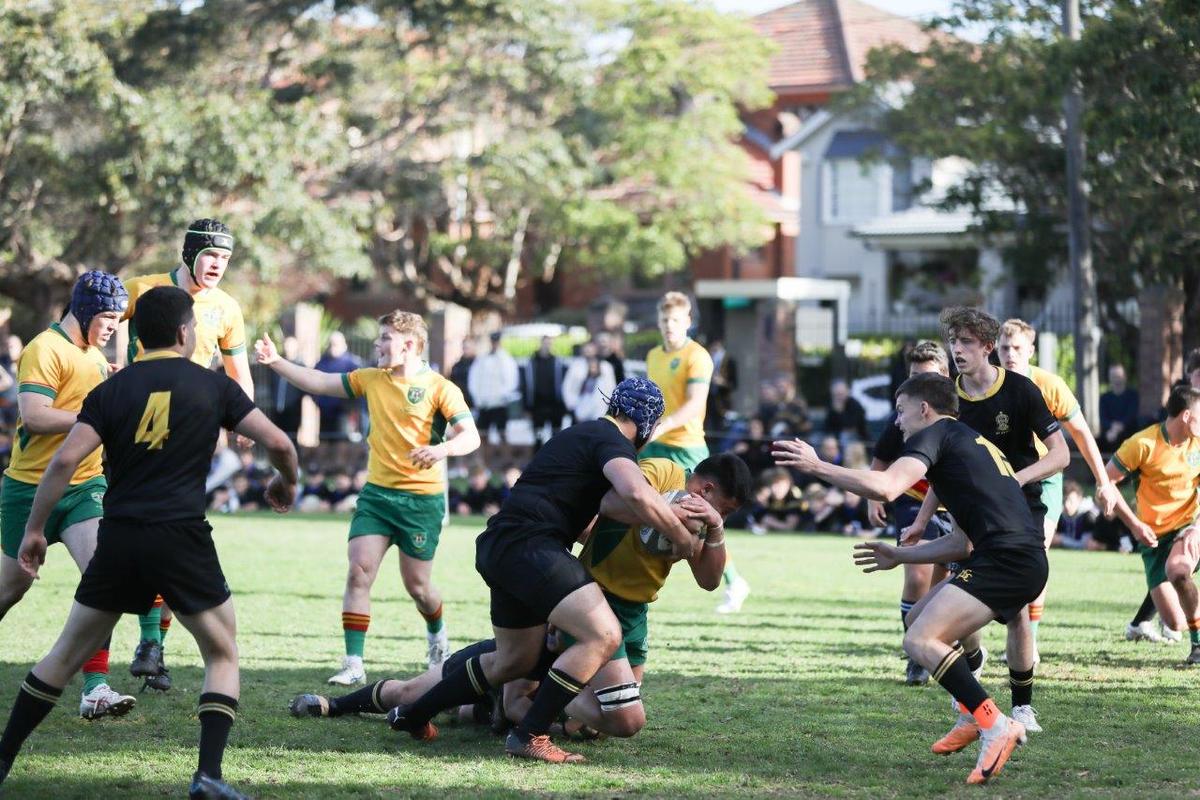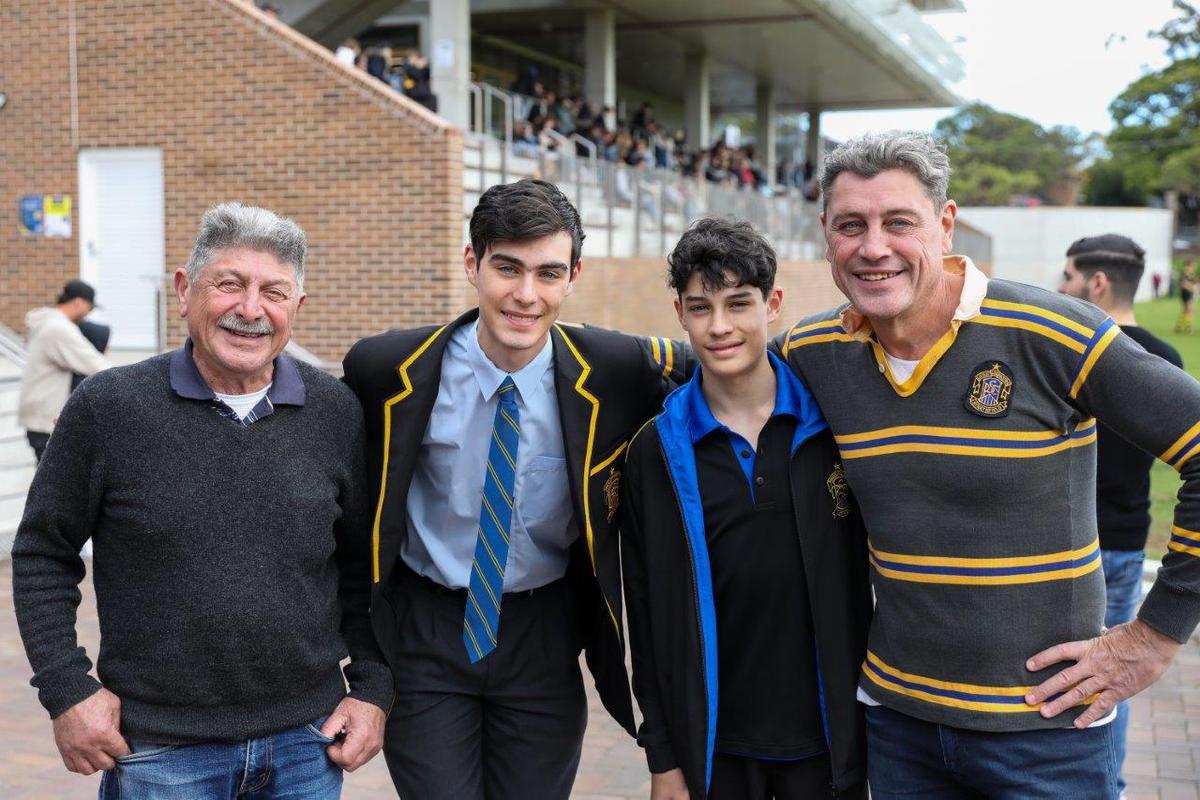Principal

Performing Arts Showcase
Last Wednesday, I was privileged to attend the 2023 Performing Arts Showcase that featured the following groups of students:
- Concert Band
- Guitar Ensemble
- Junior Band
- Senior String Ensemble
- Symphonic Band
- Junior Choir
- Drumline
- College Orchestra
- Intermediate String Ensemble
- Junior String Ensemble
- Senior Woodwind Ensemble
- Senior Saxophone Ensemble
- College Choir
The students were amazing – well rehearsed, organised and collaborative with one another and they certainly appreciated the audience of family members and SPC staff. My thanks to Dr Taylor, Ms Grapé, Ms Duff and Mr Freere, the staff behind the scenes and the music tutors for the fine work in helping the boys achieve their best.
It’s my hope that more boys take up the challenge of joining one of these ensembles before they leave the College. There is room for all! Music can benefit your son in many areas – language, maths, concentration, and social skills, just to name a few! So, whether or not your student learns a musical instrument, try to expose your son to music as much as possible and enjoy the many benefits!
Brain growth
Studies in neuroscience show that music can enhance brain function in children. Musical activities (such as playing an instrument, singing, or just listening to music) stimulate the brain, and this brain workout leads to improved brain structure with the formation of new neural connections.
Language skills
Studies also show that young children who participate in music classes have improved speech development and learn to read more easily. Learning music helps to develop the left side of the brain (related to language and reasoning), assists with sound recognition, and teaches rhythm and rhyme. Songs can also help children remember information (just think of the Alphabet song!).
Mathematics skills
Music can help with the development of maths skills. By listening to musical beats your child can learn basic fractions, pattern-recognition and problem solving. Children who study music also have improved spatial intelligence and ability to form mental pictures of objects – skills that are important for more advanced mathematics.
Memory, attention, and concentration
Recent studies have shown that people who are musically trained have better working memory skills, helping them to remember things even while their minds are busy with other matters – important aspects of mental arithmetic and reading comprehension. Learning music also requires significant levels of concentration, training children to focus their attention for sustained periods.
Increased coordination
Just like playing sports, playing, and dancing to music helps children develop their motor skills. Making music involves more than the voice or fingers; you also use ears and eyes, as well as large and small muscles, all at the same time. This helps the body and the mind work together.
Achievement and discipline
Learning music teaches children to work towards short-term goals, develop routine and practice self-discipline. Setting aside regular time for practice develops commitment and patience. Mastering a new piece of music leads to a sense of pride and achievement and helps children to learn the value of self-discipline.
Social skills
Making music with other people (like in a band or choir) improves children’s social and emotional skills. They learn to work together as a team and develop their sense of empathy with others. Researchers have found that when children play music together – from simple rhythms to larger group performances – they are better able to tune into other people’s emotions.
The joy of music
Music can give children a way to express themselves, to unleash their creativity, to be inspired and uplifted, to relax, and to relieve stress and tension. Just think about listening to a beautiful piece of classical music, singing along to a favourite song with friends, or dancing to a great song on the radio – music can make your heart sing!
Music for life
With all these benefits, try to expose your child to music as much as possible – listen to music together, sing songs, play rhythm games, go to concerts, or make your own instruments together. If your son wants to learn a musical instrument, he can pop up to the Duffy Centre and look into the school music program, private music teachers, and group music activities such as choirs, ensembles, and bands.
Back To Breen, 19 August 2023
It was once again a huge day on Saturday as we held our annual Back to Breen Day, an opportunity for Old Boys to return and watch our sporting fixtures, this year, a season decider with the First XV against St Augustine’s College, Brookvale.
We enjoyed the company of hundreds of Old Boys, some older than others (!) with the highlight being the 35th anniversary of the Class of 1988. I thank Panda (aka Greg Dening) for organising this event and for our College staff who make our Old Boys feel so welcome, especially Ingrid Viney and Nikki Fochesato.
In Memoriam
Please keep in your prayers Mrs Laurel Coorey (JS Learning Support Officer) whose husband passed away last Friday. Laurel's two sons are Old Boys and she has two nephews James Aoun (5 Green) and John Aoun (Year 7) currently at the College. We wish her family all the best and are there to assist her at this difficult time.
Eternal rest grant unto him O Lord and let perpetual light shine upon him. May his soul, and the souls of all the faithful departed, Rest in eternal peace. Amen. |
|---|
Dr Vittoria Lavorato
Principal
SPC boys can do anything!
**except divide by zero

